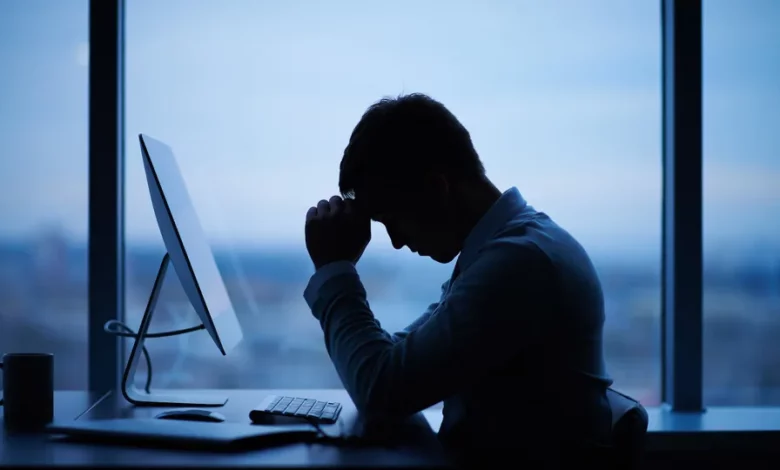
Before I started working in England, I worked at the Al-Abbassia Hospital for Mental Health in Egypt. It’s one of the largest and oldest mental health hospitals, not just in Egypt but perhaps in the world.
The hospital was a refuge for mentally ill patients in Egypt, especially from the poor classes who couldn’t afford the costs of psychological treatment, whether for outpatient clinics or hospitalization.
Despite its simple resources and limited budget, it helped treat many patients who had nowhere else to go. This was done at symbolic prices, like one pound for a ticket and free hospitalization, or LE 3,000 per month for “economic” hospitalization.
This was a fraction of the cost, considering that the cheapest stay at a decent private hospital could be ten times that price.
On Tuesday, I was left speechless by a strange and, I’m sure, unstudied decision. With just one minute of thought, you’d realize this will lead to disaster. The decision is that there will be no more free hospitalization. Now, the minimum cost for a stay is LE 4,500 per month, rising to LE 11,500 per month.
Meanwhile, the patients who come here couldn’t even afford the one-pound ticket in the first place!
Imagine telling the family of a psychotic patient who is a danger to themselves and others—and of which all global research says needs immediate hospitalization—to bring LE4,500 or LE11,500 and then we’ll admit them, no problem. This is happening at a time when countries all over the world view mental health as a necessary and completely free service because of the danger it poses to the patient’s own life and those of others.
Here, not only are you making it cost money, but you’re making it unaffordable for most of the people who come to this hospital.
You’re essentially telling them, “If you don’t have money, stay sick. May God be with you.”
Mental health in Egypt is heading down a very bad path if this decision is not reversed as soon as possible. Silence is dangerous, and staying quiet means we are complicit in the collapse of what little mental healthcare we have left in Egypt.”
The doctor knows everything about what is happening at the Al-Abbassia mental health hospital. He knows very well the patients’ socioeconomic classes and their circumstances.
He also knows that a patient with psychosis, for example, must be admitted immediately because they are a danger to themselves and others.
Should money, which their families lack, prevent their admission?
Should we leave them on the street or with their families to commit a crime without even knowing what they are doing because of their condition?
I learned from a doctor at the hospital that the Prime Minister’s Office had asked the hospital about the proposed fees for raising ticket prices, treatment, and admission costs.
The hospital management responded by rejecting the price hike, stating that the patients could not afford it.
Nevertheless, the decision to raise the fees was issued. As a result, families have been bringing their patients only to leave with them without admission or treatment.
It’s important to note that the new prices only cover admission and food, not treatment or examinations.
So, where are these families supposed to get all of this money for a patient who is already unable to work and earn an income? Even in the hospital’s children’s clinic, families have been bringing their children and leaving without treatment because they cannot afford the required costs.
I have a strong connection to the Al-Abbassia Mental Health Hospital.
A long time ago, I conducted a journalistic campaign inside the hospital that later turned into a book titled “The Yellow Palace.”
During that campaign, I learned a great deal about the hospital and its patients. I can’t forget the psychosis ward, where the patients were dangerous to themselves and others.
When I read the doctor’s post, that specific ward came to mind, despite the many years that have passed. I imagined those patients being kicked out into their homes or onto the streets, and the extreme danger that represents.
How was this decision made, and who made it?
Author’s bio:
Karima Kamal, a prolific writer and journalist, has held key positions in the media industry.
She served as Deputy Editor-in-Chief of Sabah al-Kheir magazine, co-founded Al-Badil newspaper, and authored six books.
Her contributions to journalism and women’s rights were recognized through her appointments to the Supreme Council for the Press and the National Council for Women.




